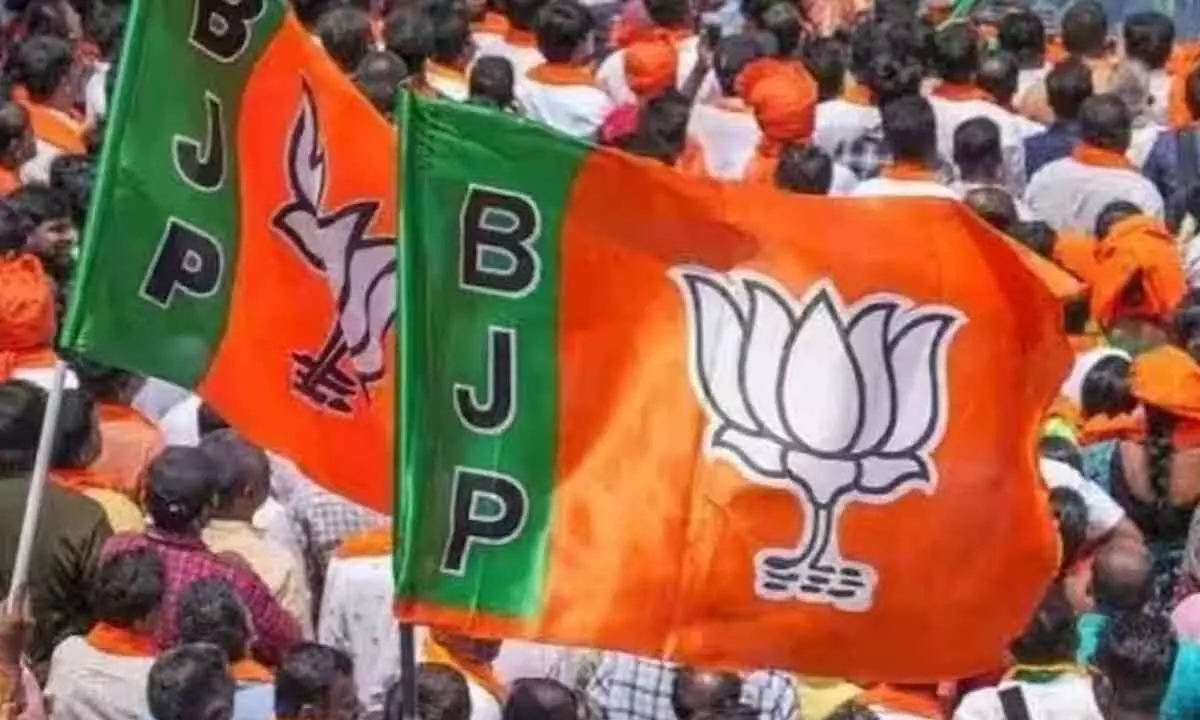Bharatiya Janata Party Poised To maintain Control In Haryana

- Crucial assembly elections in Haryana and Jammu & Kashmir reach their climax.
- BJP seeks to retain power in Haryana, while J&K witnesses its first polls since Article 370 abrogation. Political heavyweights and regional parties vie for victory.
As vote counting commences in Haryana and Jammu & Kashmir, the political landscape in both regions stands on the cusp of potential transformation. In Haryana, the BJP aims to secure a third consecutive term, facing a robust challenge from a rejuvenated Congress. This electoral showdown, the first major contest between these national parties since the Lok Sabha elections, could set the tone for upcoming state polls in Maharashtra, Jharkhand, and Delhi.
Haryana recorded a 67.90% voter turnout for its 90-seat assembly. While exit polls favor a Congress victory, the BJP remains optimistic about defying these predictions. Chief Minister Nayab Singh Saini has confidently dismissed the exit poll results, while Congress leader Bhupinder Singh Hooda anticipates a comfortable majority for his party.
The election in Haryana primarily pitted the BJP against Congress, with regional parties like AAP, INLD, and JJP also in the fray. High-profile contests unfolded across the state, featuring political heavyweights and intense family rivalries.
Early trends show a mixed picture, with some key candidates leading and others trailing. The BJP's campaign focused on good governance and welfare schemes, while Congress highlighted issues like unemployment and inflation.
Meanwhile, Jammu and Kashmir's election marks a historic moment, being the first since the abrogation of Article 370 in 2019. The three-phase election saw a 63.45% voter turnout. Exit polls suggest a strong performance by the Congress-NC alliance, with the BJP expected to improve its previous tally.
The political landscape in J&K is further complicated by potential post-poll alliances and controversy surrounding the Lieutenant Governor's power to nominate members to reserved seats.
As the results unfold, both states brace for potential political realignments that could shape their futures significantly. The outcomes will not only determine local governance but also impact national political dynamics in the lead-up to future state and general elections.










